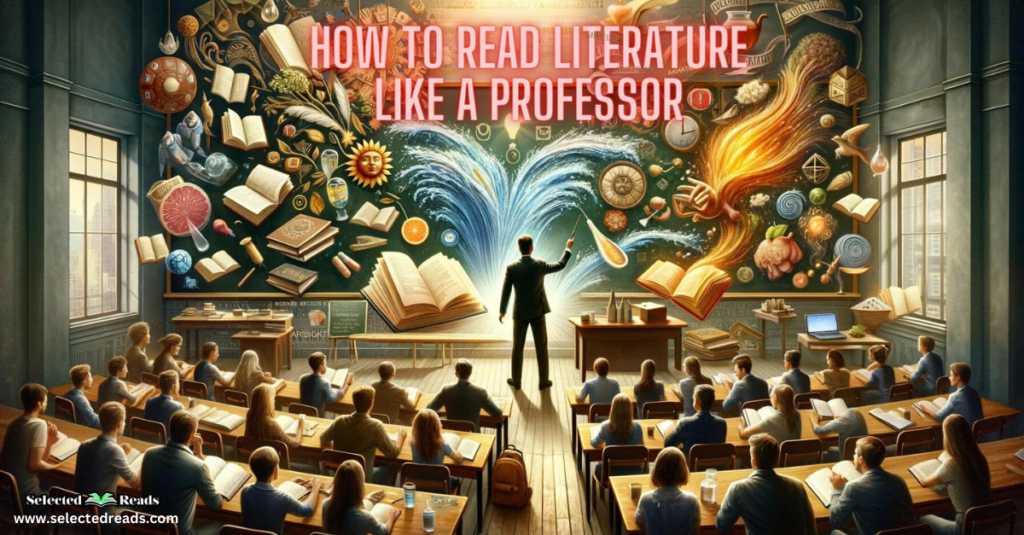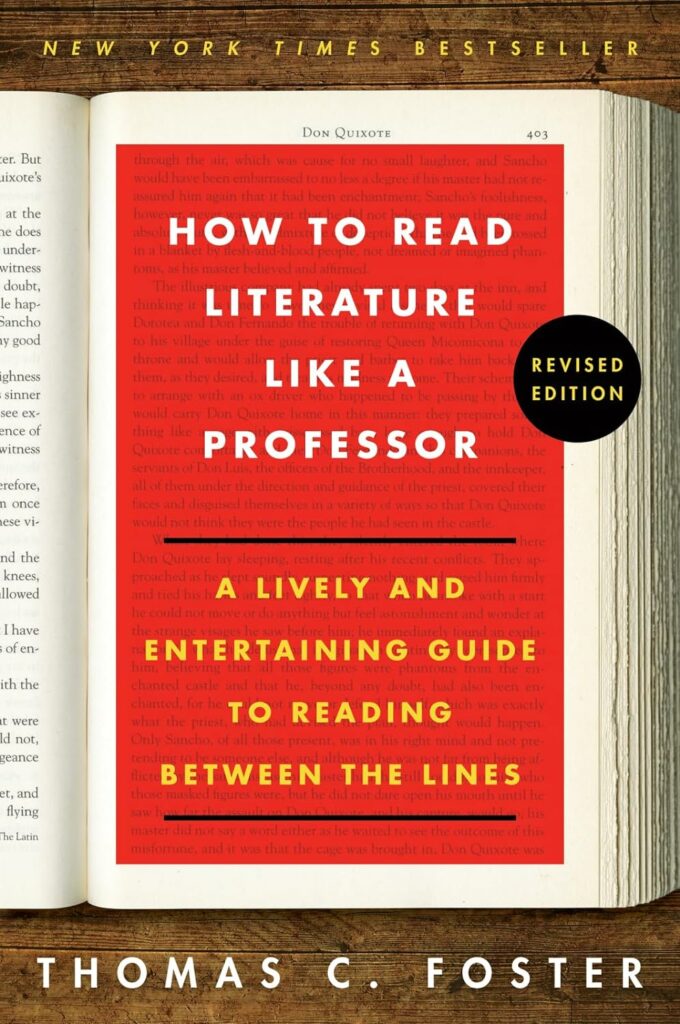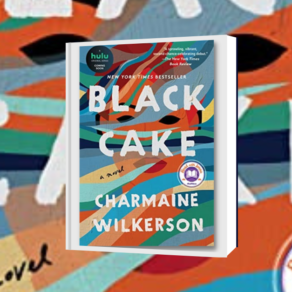How to Read Literature Like a Professor: Revised Edition by Thomas C. Foster serves as an insightful guide designed to enhance the reading experience by uncovering the deeper meanings that lie beneath the surface of literary texts. Foster, with his extensive background in literature, offers readers a glimpse into the analytical strategies employed by seasoned literature professors, enabling a richer and more rewarding engagement with literary works.
The book unfolds by presenting a series of chapters that each focus on different elements of literature, such as symbols, themes, and narrative devices. Foster delves into the significance of seemingly mundane details within stories—like the symbolism of a dusty road representing a journey or quest, the act of sharing a meal as a form of communion, and the various connotations of rain, which can symbolize cleansing, destruction, or a significant change. Through these examples, Foster illustrates how everyday reading can become an intellectually stimulating experience.
Foster’s revised edition of the book has been updated to reflect changes in the world and the literary curriculum, ensuring its relevance to a new generation of readers. This includes the addition of new chapters, a preface, and an epilogue, alongside updated teaching points developed over a decade of literary exploration. Importantly, Foster broadens the scope of literature discussed within the book to include more diverse, inclusive, and contemporary works.
This updated selection features novels and poetry from a wide array of authors such as Angie Thomas, Emily St. John Mandel, Neil Gaiman, Elizabeth Acevedo, Helen Oyeyemi, Sandra Cisneros, Zora Neale Hurston, Maggie O’Farrell, Madeline Miller, Pat Barker, and Tahereh Mafi, among others.
Photo: Amazon
By integrating these modern works, Foster not only demonstrates the application of literary analysis to a broader spectrum of literature but also highlights the evolving landscape of literary discussions. The inclusion of these diverse narratives enriches the guide, making it a comprehensive resource for understanding the complexities of literature and the myriad ways it can be interpreted and appreciated.
Related: Books on How to Write a Literature Review
How to Read Literature Like a Professor Quotes
Here are some interesting quotes from How to Read Like a Professor:
“Education is mostly about institutions and getting tickets stamped; learning is what we do for ourselves. When we’re lucky, they go together. If I had to choose, I’d take learning.” ― Thomas C. Foster, How to Read Literature Like a Professor
“We – as readers or writers, tellers or listeners – understand each other, we share knowledge of the structures of our myths, we comprehend the logic of symbols, largely because we have access to the same swirl of story. We have only to reach out into the air and pluck a piece of it.” ― Thomas C. Foster, How to Read Literature Like a Professor
“Everything is a symbol of something, it seems, until proven otherwise.” ― Thomas C. Foster, How to Read Literature Like a Professor
“Reading…is a full-contact sport; we crash up against the wave of words with all of our intellectual, imaginative, and emotional resources.” ― Thomas C. Foster, How to Read Literature Like a Professor
“The real reason for quest is always self-knowledge.” ― Thomas C. Foster, How to Read Literature Like a Professor
“Don’t wait for writers to be dead to be read; the living ones can use the money.” ― Thomas C. Foster, How to Read Literature Like a Professor
“Rain falls on the just and the unjust alike.” ― Thomas C. Foster, How to Read Literature Like a Professor
“Every language has a grammar, a set of rules that govern usage and meaning, and literary language is no different. It’s all more or less arbitrary of course, just like language itself.” ― Thomas C. Foster, How to Read Literature Like a Professor
“Reading is an activity of the imagination, and the imagination in question is not the writer’s alone.” ― Thomas C. Foster, How to Read Literature Like a Professor
“Real people are made out of a whole lot of things—flesh, bone, blood, nerves, stuff like that. Literary people are made out of words.” ― Thomas C. Foster, How to Read Literature Like a Professor
“The difference between being Achilles and almost being Achilles is the difference between living and dying.” ― Thomas C. Foster, How to Read Literature Like a Professor
Final thoughts
In essence, How to Read Literature Like a Professor: Revised Edition empowers readers to explore literature beyond its surface story, encouraging a deeper, more analytical approach to reading. Through his exploration of literary elements and inclusion of a diverse range of literary works, Foster aims to make the process of reading literature both intellectually satisfying and enjoyable, revealing the layers of meaning that contribute to the richness of literary texts.







